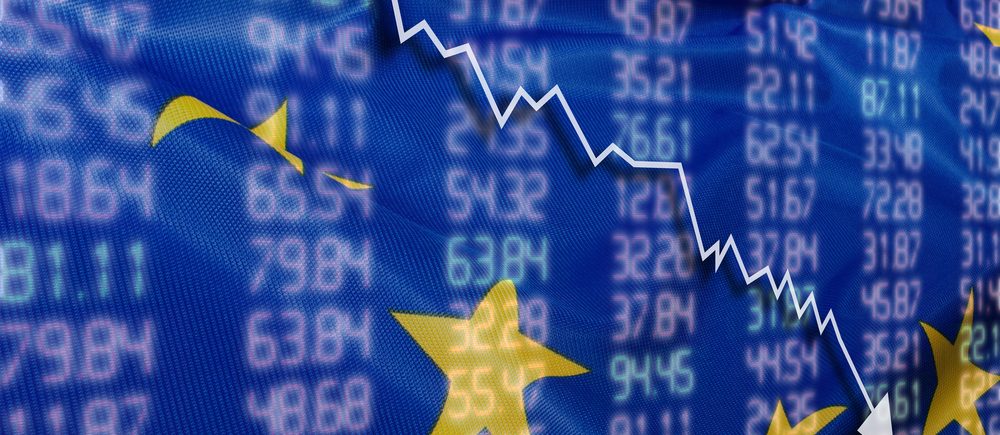Tuesday’s latest purchasing managers’ index data from the Eurozone in January and the first signs of the corporate earnings season are being digested by investors as European markets ended lower on Tuesday.
The pan-European Stoxx 600 index decreased by 0.2%, with losses led by the oil and gas and health care sectors, which each saw 1.3% declines, outpacing gains by the travel and leisure sector, which saw 1.4% growth.
The PMI measures economic activity in the manufacturing and service sectors, and Tuesday’s data revealed that the Eurozone returned to modest growth in December, raising hopes that the 20-member currency bloc may avoid recession.
The manufacturing and services component of the S&P Global Eurozone Composite PMI increased from 49.3 in December to 50.2 in January and ahead of a consensus forecast of 49.8. The 50 mark separates expansion from contraction.
Additionally, on Tuesday, US equities declined as investors failed to capitalise on a positive week’s start during a hectic period of corporate earnings. As majority of the region observed Lunar New Year holidays, markets in the Asia-Pacific region traded higher.
The UK’s economy shrank at its fastest rate in two years on Tuesday, according to flash PMI (buying managers’ index) data, in contrast to the Eurozone’s apparent recovery in economic activity in January.
The S&P Global composite U.K. PMI, which includes both manufacturing and services, dropped from 49.0 in December to 47.8 in January, missing the consensus prediction of 48.5 in a Wall Street Journal survey of analysts.
S&P Global said widespread strike action, staff shortages, export losses, the cost of living crisis and sharp increases in interest rates all combined to squeeze economic activity.
The Eurozone economy returned to modest growth in December, according to new flash PMI (purchasing managers’ index) readings on Tuesday. The S&P Global Eurozone composite PMI, which encompasses manufacturing and services activity, came in at 50.2 in January, up from 49.3 in December and ahead of a consensus forecast of 49.8.
The index exceeded the 50 mark, which separates expansion from contraction, for the first time since June. The Eurozone’s dominant services sector index rose to 50.7 from 49.8 in December, while the manufacturing index improved to 48.8 from 47.8, also surpassing forecasts but remaining in contractionary territory.

Europe
 Noor Trends News, Technical Analysis, Educational Tools and Recommendations
Noor Trends News, Technical Analysis, Educational Tools and Recommendations




